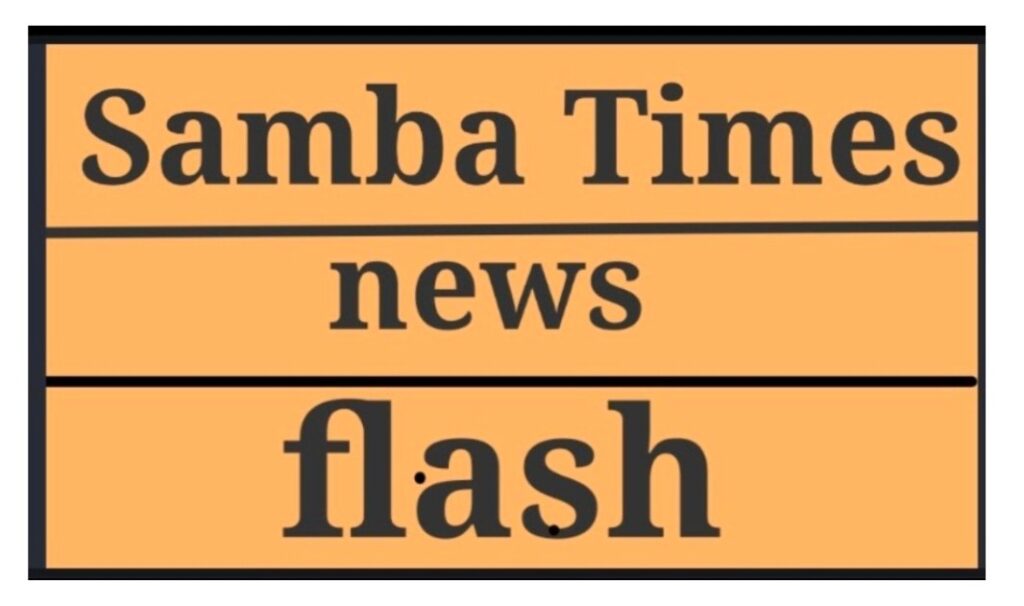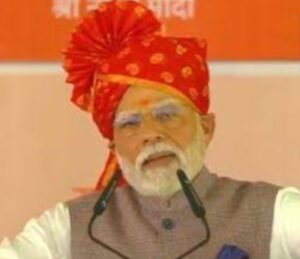Committee for “Prevention and Regulation of Misleading Advertisement in Coaching Sector” meets
Guidelines to be applicable to all coaching institutions
Guidelines to prevent false claims regarding success rates, number of selections etc. by coaching institutions

The Central Consumer Protection Authority (CCPA) conducted first meeting of the Committee constituted to prepare Guidelines with respect to misleading advertisements in coaching sector on 8th January, 2024. The Committee discussed Draft of the Guidelines.
The Chairman of the Committee is Shri Rohit Kumar Singh, Secretary Department of Consumer Affairs and Chief Commissioner of CCPA along with other members Commissioner (CCPA), representatives from Department of Personnel & Training (DoPT), Ministry of Education, National Law University (NLU), Delhi, FIITJEE, Khan Global Studies and Ikigai Law. Lal Bahadur Shastri National Academy of Administration (LBSNAA) who participated in the meeting.
Shri Rohit Kumar Singh, Secretary (Consumer Affairs) & Chief Commissioner (CCPA) stated that protection of consumer’s interest is a paramount concern to CCPA. He highlighted the need for clarity, specifically in addressing certain aspects related to advertisements in coaching sector. He further stated that CCPA firmly believes in safeguarding the rights of consumers and ensuring no false or misleading advertisement is made of any goods or services which contravenes the provisions of Consumer Protection Act, 2019.
The Guidelines shall be applicable to all the coaching institutes whether online or physical and cover all forms of advertisement regardless of form, format or medium. The Guidelines prescribe conditions when an advertisement by a coaching institute shall be construed to be misleading advertisement as defined under the Consumer Protection Act 2019 which inter-alia include concealing important information related to the course opted by the successful candidates [courses opted by successful candidates (whether free or paid), duration of course etc.
The Guidelines also provide that coaching institutes shall not make false claims regarding success rates or number of selections and any other practices that may lead to consumer misunderstanding or subvert consumer autonomy and choice.
The guidelines also prescribes DO’s and DON’T’s that need to be observed before coming up with advertisements:-
- Coaching Institute shall mention requisite information with successful candidate photo:-
- Rank secured by successful candidate
- Course opted by successful candidate
- Duration of course
- Whether it is paid or free
- Coaching institutes shall not make claim 100% selection or 100% job guaranteed or guaranteed preliminary or mains.
- The font of disclaimer/Disclosure/Important information in the advertisement shall be the same as that used in the claim/advertisement. The placement of such information shall be at a prominent and visible place in the advertisement.
It was also clarified that penalty for misleading advertisement by coaching sector will be governed as per Consumer Protection Act, 2019 and the Guidelines are just in the nature of clarification to the stakeholders and violations of the provisions of the Consumer Protection Act 2019 shall continue to be governed under the existing provisions of the Consumer Protection Act 2019.
The Committee observed that there is an urgent need to issue the Guidelines and the Draft as discussed in the Meeting should be issued at the earliest.
CCPA had taken sou moto action against misleading advertisement by coaching institutes. In this regard, CCPA has issued notices to 31 coaching institutes for misleading advertisement and imposed fine on 9 of them for misleading advertisement.
CCPA has observed that some of the coaching institutes mislead consumers by deliberately concealing important information with respect to course opted by successful candidates, duration of the course so attended & the fees paid by the candidates. CCPA also observed that some of the coaching Institutes also indulge in making claims like 100% selection, 100% job guaranteed and guaranteed preliminary and main examination without providing verifiable evidence.





